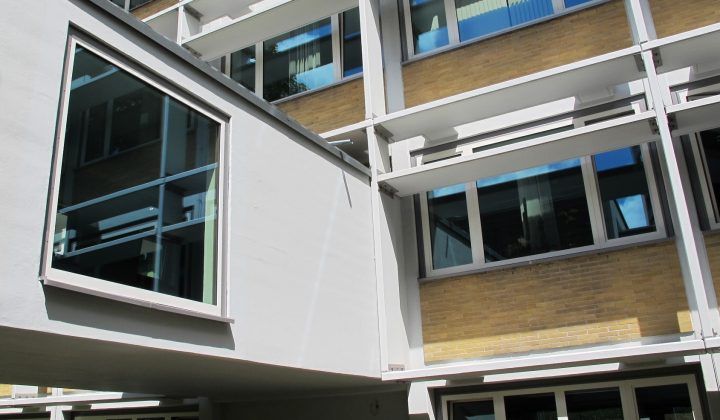
In 2008, in the framework of the Initiative for the Development of Scientific and Economic Excellence (LOEWE) of the Federal State of Hesse, the Senckenberg Nature Research Society (SGN) and Goethe University of Frankfurt am Main (GU) jointly submitted an application for the funding of a Biodiversity and Climate Research Centre. This Biodiversity and Climate Research Centre (BiK-F) was jointly founded by the Senckenberg Gesellschaft für Naturforschung (SGN), the Goethe University Frankfurt am Main (GU), the Institute for Social-Ecological research (ISOE) and other partners.
After a six-year LOEWE funding, the research centre was permanently integrated into Senckenberg from 1 January 2015 on. The name changed to Senckenberg Biodiversity and Climate Research Centre (SBiK-F) and it has been a part of the Leibniz Association since then.
Aims and Challenges
The mission of the Senckenberg Biodiversity and Climate Research Centre is to carry out internationally outstanding research on the interactions of organismal biodiversity and climate. Using a broad spectrum of state-of-the-art methods from satellite-supported remote sensing of climate, area and ecosystem reactions to advanced genomics and mass spectrometry, the scientists of the centre document and analyse past and present patterns and processes with the goal of providing reliable predictions of future developments.
The Senckenberg Biodiversity and Climate Research Centre integrates the multi-faceted expertise required for the in-depth investigation and management of climate-related biodiversity changes at local, national, European and global levels, including those that are relevant to the environment and health. It thereby contributes to the goals of international agreements at the regional, European and global levels, e.g. the Convention on Biological Diversity (CBD), the United Nations Framework Convention on Climate Change (UNFCCC), the Fauna-Flora-Habitat (EU-FFH) or the Water Framework Policies of the European Union (EU-WRRL).

